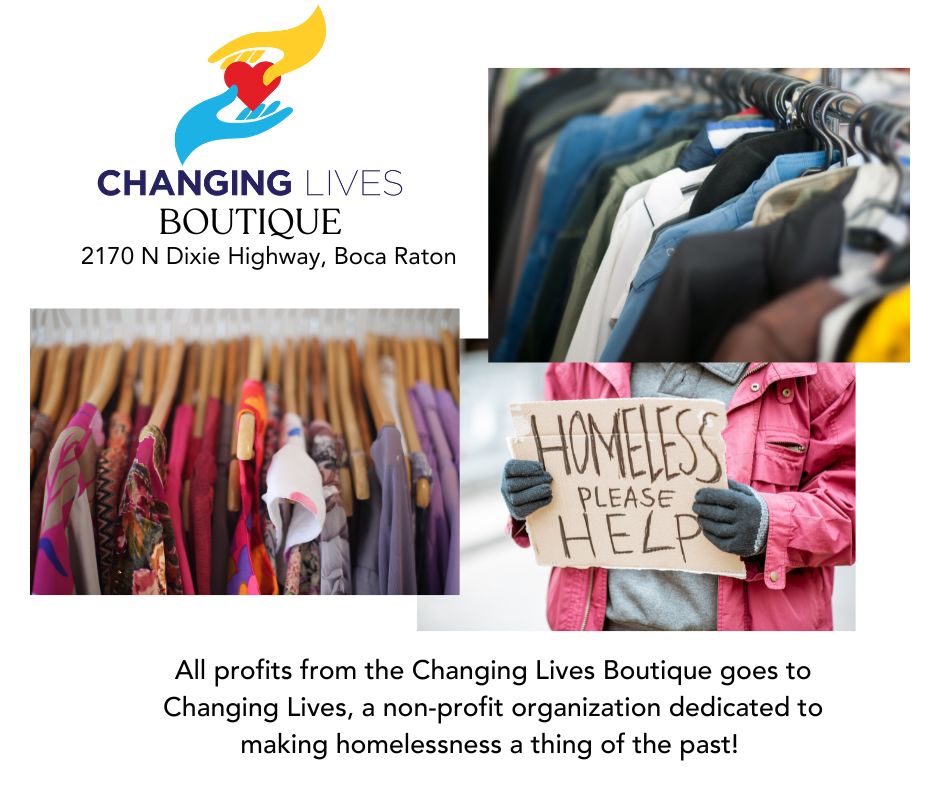
Speaker Paul Lopez
We were pleased to have attorney, Paul Lopez, join us as our guest speaker this week. He was introduced by Club member Adam Palmer.
Paul Lopez is the managing partner of the 50-lawyer law firm of Tripp Scott, P.A. and has been practicing law for over 27 years. He has a national and statewide trial practice in the area of employment law and commercial litigation and serves as Chair of the law firm’s Litigation Department.
He has been AV rated for over 20 years (highest attainable) and is consistently recognized as a Top Lawyer in the categories of Commercial Litigation and Labor & Employment Law by the South Florida Legal Guide. He is also acknowledged as a “Super Lawyer” by Florida Super Lawyer and as a “Legal Elite” in Florida Trend magazine. Paul was recently named Attorney of Year in 2015 in Labor & Employment Law by South Florida Business Wealth magazine.
His practice focuses on employment and workplace legal issues and related disputes.
Meeting Notes
Covid-19 topic – we all were hoping it would be over by now, but it isn’t. It is understandably having a significant impact on employment matters.
Congress has done a few things to help … passed the “Families First Coronavirus Response Act,” commonly referred to as the FFCRA.
- The Act applies to employers with less than 500 employees
- It provides benefits to anyone who is either: sick, has a sick family member, must quarantine due to exposure, or must take care of a family member
- The Act provides two weeks of paid leave to assist those dealing with Covid-19
- The employer may be held liable if it refuses to provide paid leave, as required under the Act
- There are other statutes that provide for 2/3 of an employees pay, but for different issues
- If the company requires a Covid-19 test, then it is required to pay for the test in the event that there is a charge
The Equal Employment Opportunity Commission (the EEOC) has ruled that an employer may require an employee to get tested for Covid-19. But it may not require an employee to get an antibody test, only the Covid-19 test.
When employers let people go, they must to be careful about “wrongful termination.”
There are numerous claims that are now being made by employees who may be desperate and seeking a source of payment. In this new world that are living in, many employees who have been let go have tried to retaliate with wrongful termination claims, sometimes simply to help take care of their families. Companies therefore must be careful to make sure that those are laid off are not part of a “protected class” because no employer may terminate an employee due to the employee’s race, color, religion, sex (including pregnancy, sexual orientation, or gender identity), national origin, age, or disability.
We have recently heard a lot about employees being furloughed. A “furlough” is different from a “termination.” A furlough is defined as temporary unpaid leave where the employee is kept on the company roles for purposes of continuing health insurance and other benefits.
The reality is that these times are difficult. Accordingly, Paul recommends that all companies that have not done so recently take the time now to review and update their Employee Handbooks as may be necessary, especially considering the new working environment that we find ourselves. Employee Handbooks should be updated to provide clear rules and guidance concerning remote working, online meetings, work from home arrangements, etc.
Q and A:
Question: What about employees who have been exposed to another employee who tested positive?
Answer: Do contact tracing. Have those exposed go home, get tested, and not return to the office or engage with other employees until they are confirmed negative through a subsequent test.
Question: Have employees who believed they got Covid-19 on the job been suing employers or making other damages claims?
Answer: Yes, and this could take the form of a worker’s compensation claim. on claim. Yes, they are seeing them.



Thanks for sharing this article about employment law. I am having legal problems where I work. I’ll look for an employment lawyer who can help me out.